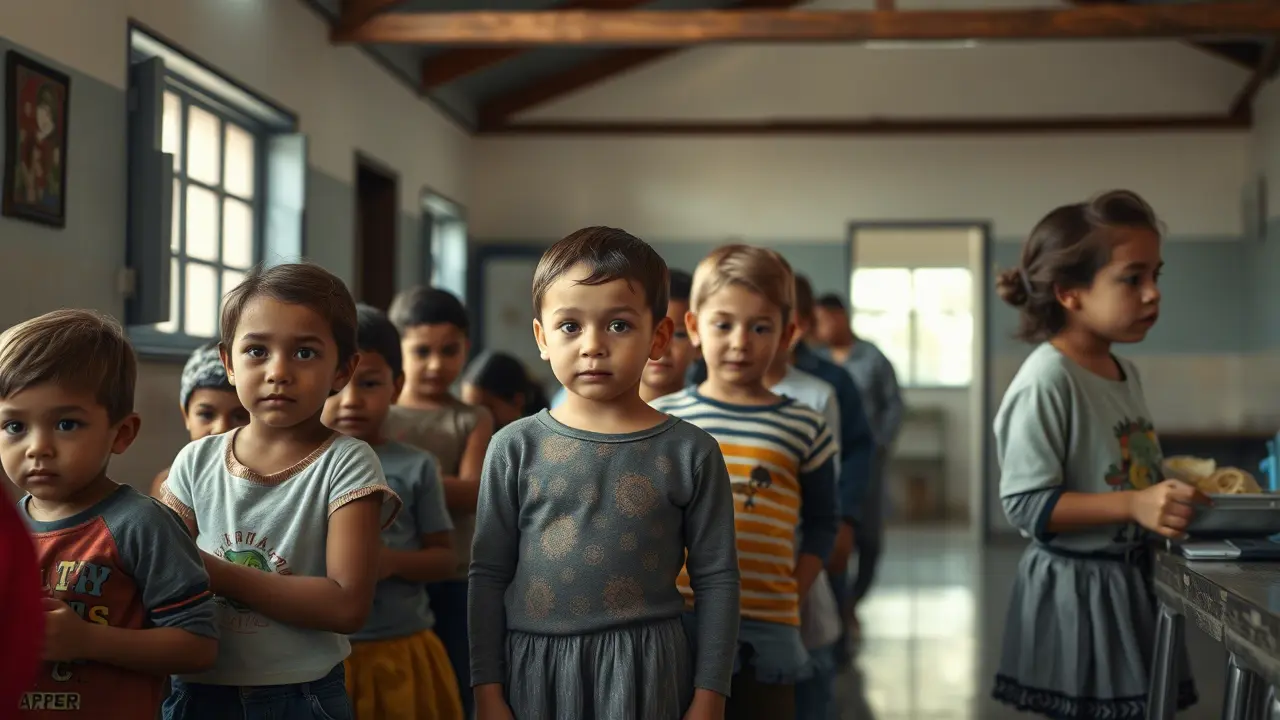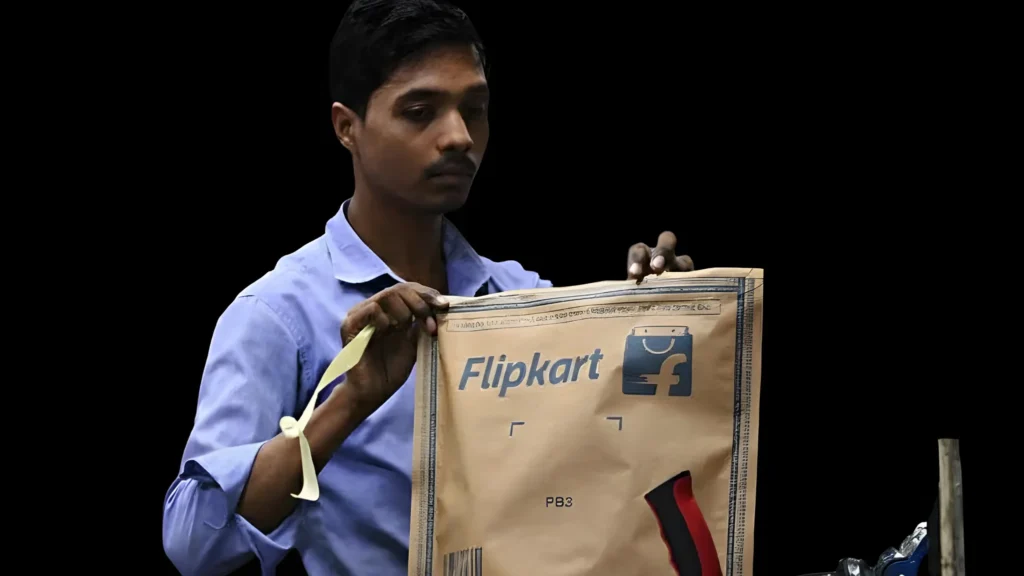Trump administration is once again trying to give the boot to the Flores Settlement Agreement, a 1997 decree that’s been the unsung hero for child immigrants in U.S. custody. This legal gem ensures kids get basics—think food, water, and clothes that don’t scream “laundry day disaster”—while capping their detention time like a strict parent setting a curfew.
The administration’s latest move, filed in court on Thursday, argues that Flores is the ultimate party pooper, allegedly encouraging unauthorized border crossings and tying the government’s hands when it comes to detaining families. It’s like blaming a lifeguard for too many people swimming at the beach—Flores just wants to keep the kids from drowning in the system.
Flashback to 2019: the Trump team tried this same stunt, asking a judge to toss Flores out like last week’s leftovers. The court, unimpressed, sent them packing, proving that some agreements are stickier than gum on a shoe.
Under the Biden administration, the Department of Health and Human Services got a partial pass from Flores oversight, but the U.S. Customs and Border Protection (CBP) and Immigration and Customs Enforcement (ICE) are still on the hook. It’s like letting one kid skip chores while the others scrub the floors—Flores keeps the rules tight where it counts.
The Flores Agreement, named after Jenny Flores, a 15-year-old who fled El Salvador’s civil war in the 1980s, came from a lawsuit exposing treatment of kids in custody that was less “kid-friendly” and more “dystopian nightmare.” Since its inception, it’s been the legal equivalent of a superhero, swooping in to stop horrors like kids being given psychotropic meds without consent in 2018.
Fast forward to 2024, and CBP was caught red-handed breaching Flores by holding kids in open-air sites with less comfort than a budget campsite—no sanitation, no medical care, and portable toilets doubling as makeshift shelters. It’s as if someone thought “survival reality show” was a great model for immigration policy.
Now, the Trump administration’s encore includes restarting family detention, where kids and parents are locked up together like a bizarre family reunion in a holding cell. Immigration advocates are sounding the alarm, with a recent class-action lawsuit claiming unaccompanied kids are stuck in facilities because new policies make it harder for U.S. relatives to claim them.
Mishan Wroe from the National Center for Youth Law didn’t mince words, calling the push to gut Flores “unconscionable.” She’s picturing babies and toddlers in detention, probably wondering why their timeout is more like a prison sentence.
Faisal al-Juburi from Raices, a Texas-based legal nonprofit, chimed in, accusing the administration of prioritizing private prison profits—$45 billion worth, according to a House spending bill—over basic human decency. It’s like choosing a shiny new toy over feeding the family pet.
Sergio Perez from the Center for Human Rights and Constitutional Law put it poetically: kids seeking refuge should get hugs, not handcuffs. His words paint a picture of a welcome mat, not a jail cell, for those fleeing danger.
The administration’s argument is that Flores is an outdated shackle, “ossifying” immigration policy like a fossil in a museum. They claim new laws and regulations already cover the bases, but advocates aren’t buying it, ready to fight this in court like legal gladiators.
This isn’t the first rodeo for Flores defenders—since 1997, they’ve sued multiple times to keep the government in check. Think of it as a game of whack-a-mole, with lawyers popping up every time the system tries to skimp on kid protections.
The Justice Department’s filing insists Flores has overstayed its welcome, arguing it’s time to end nearly 30 years of court oversight from a judge 100 miles from any border. It’s like telling a chef they can’t taste the soup because the kitchen’s too far from the dining room.
Critics see this as part of a broader Trump strategy to tighten the screws on immigration, with moves like cutting legal aid for detained families and pausing asylum applications. It’s a policy buffet that seems to say, “Help yourself, but only if you’re not a kid in need.”
As the legal tug-of-war looms, the fate of Flores hangs in the balance, with advocates gearing up for a courtroom showdown. Will the agreement stand as a beacon of hope, or will it be sidelined in this immigration policy sitcom?












Leave a Reply